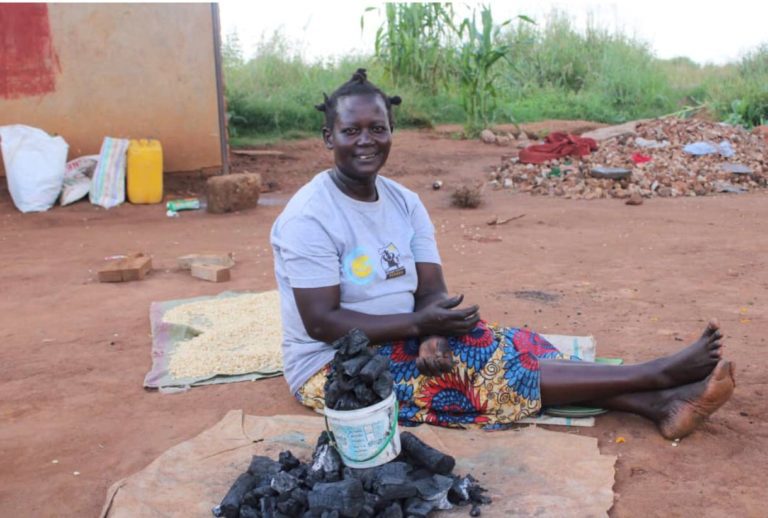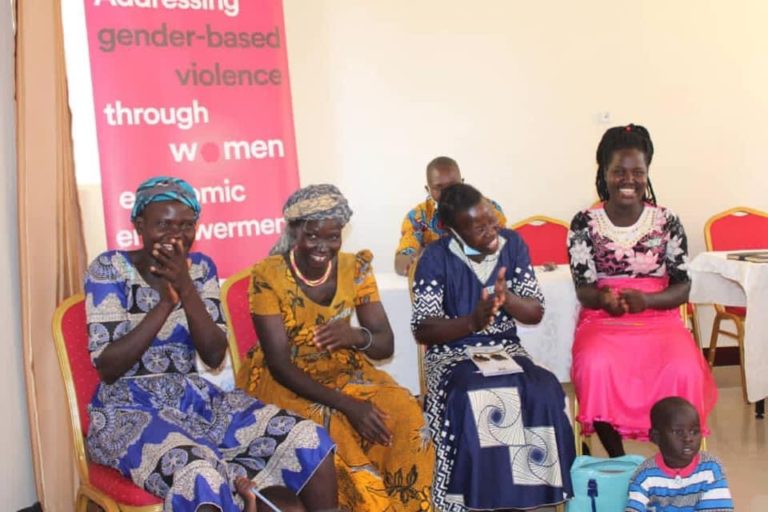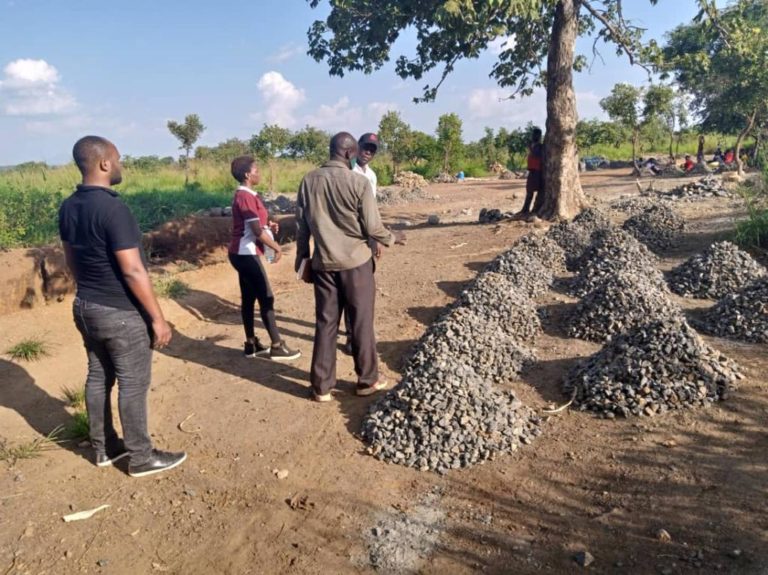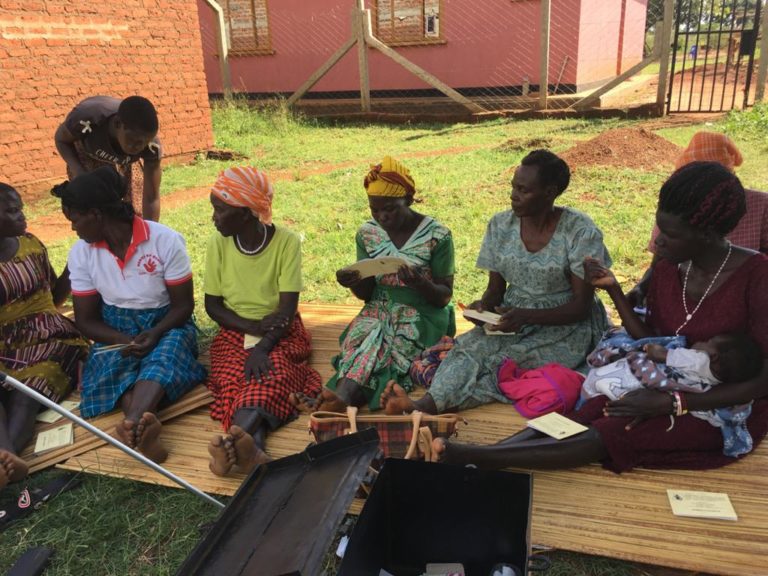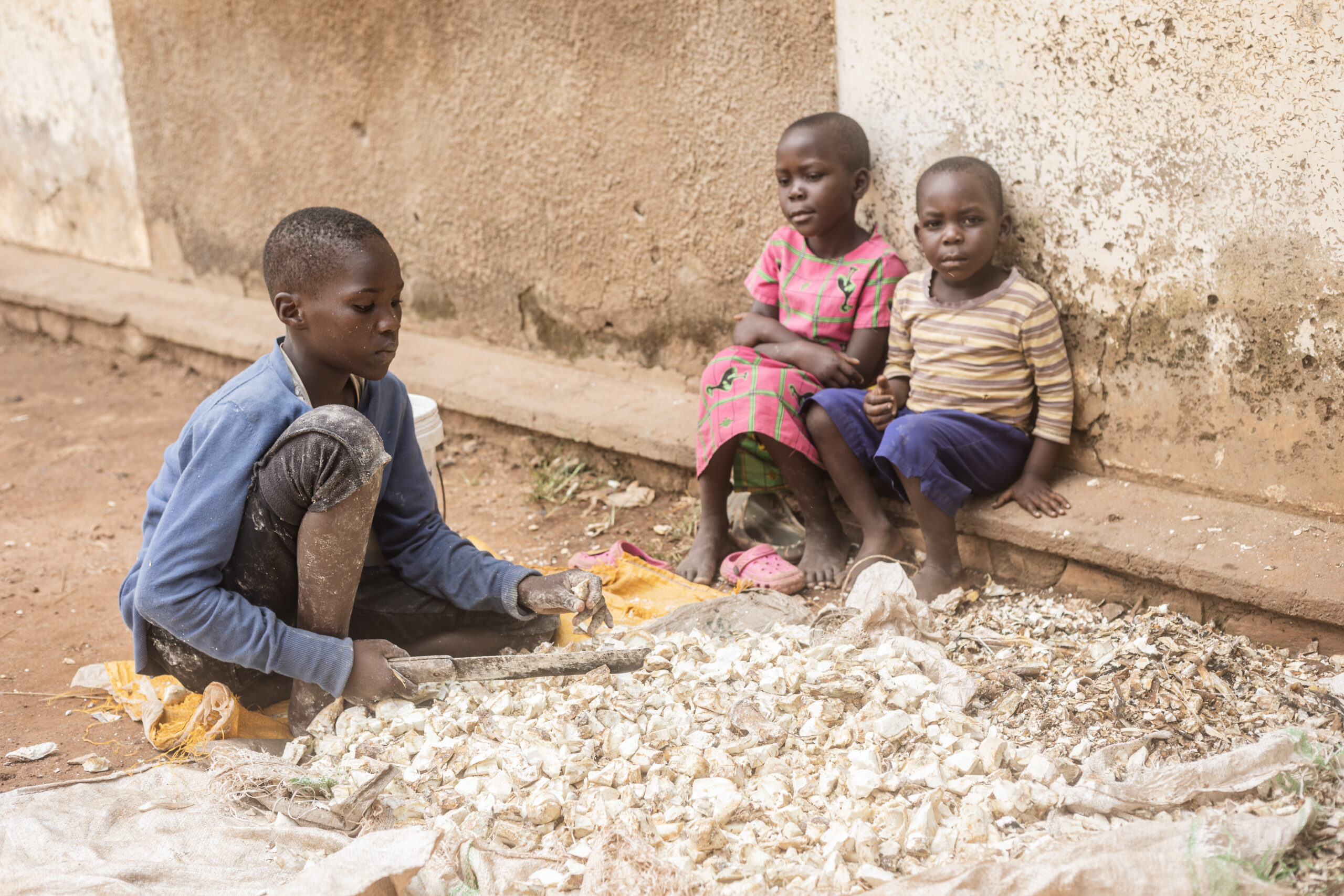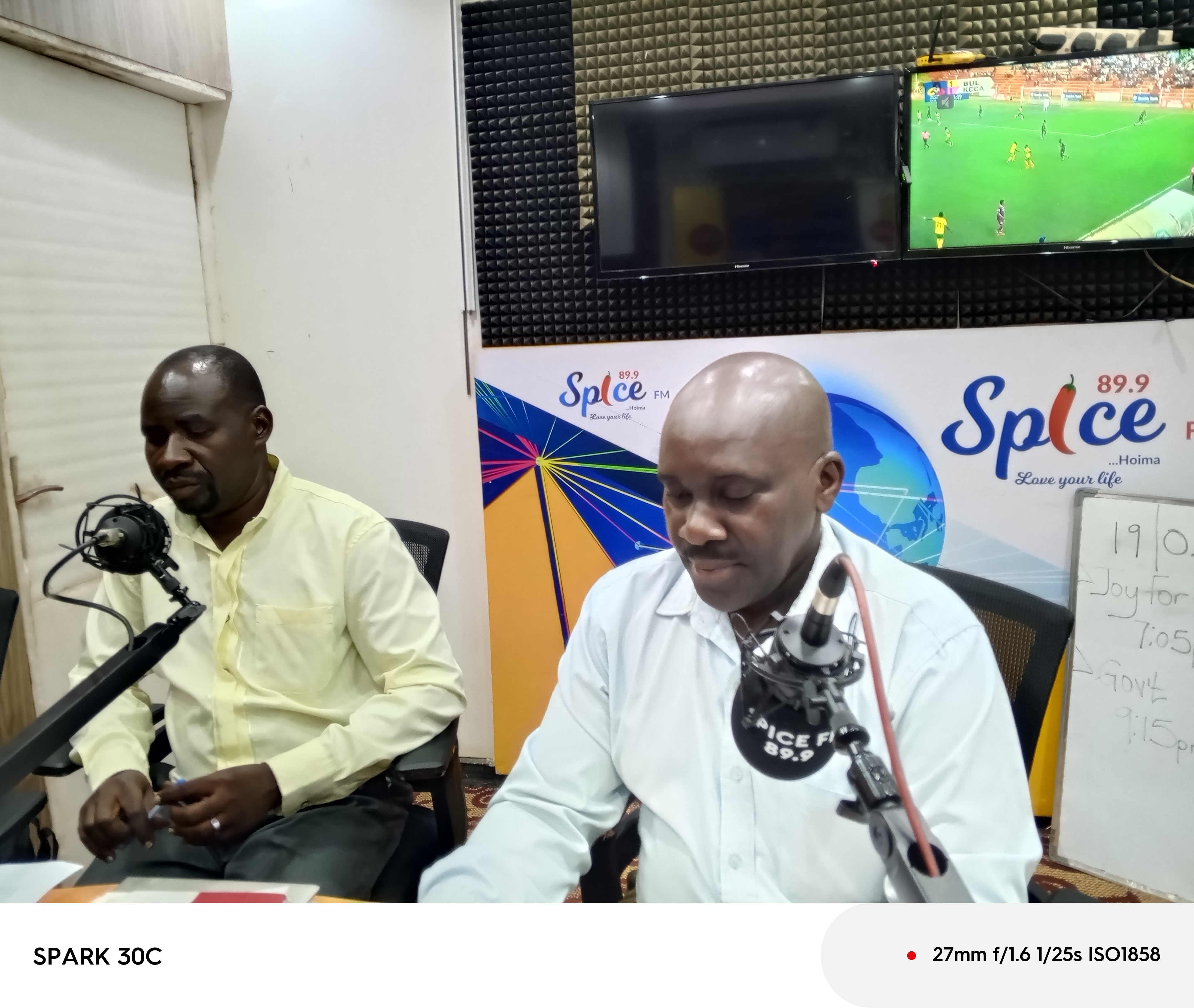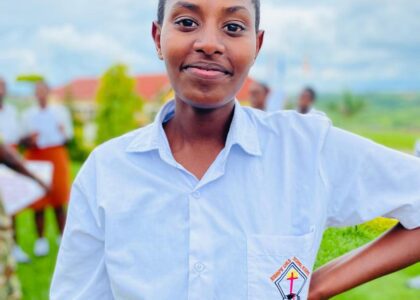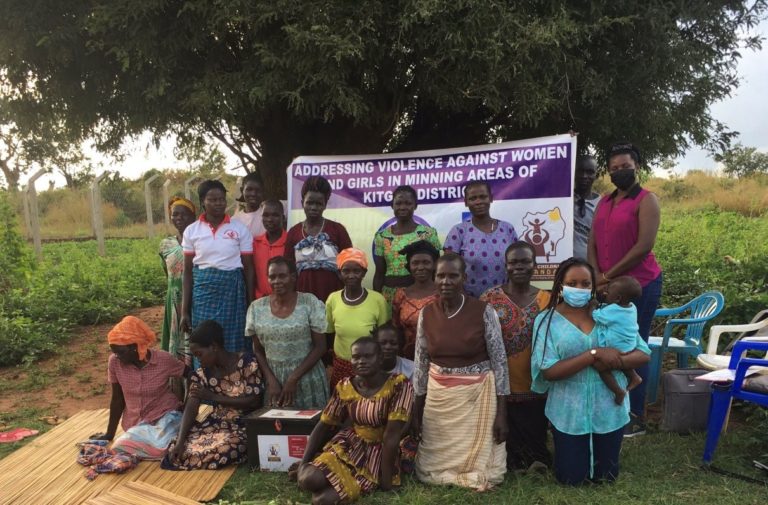
Area of Implementation: Kitgum
Supported by: United National Development Program (UNDP)
Duration: November 2020 - June 2021
Women and girls living in mining areas suffer enduring physical and mental health. This frustrates their ability to survive and often their families to engage in meaningful productive lives. Sometimes, men too experience violence in such settings.
While there is emphasis on industrial mine development, a significant proportion of Uganda’s mineral production and related sources of employment are still largely dominated by Artisanal and small scale miners (ASM) of which 44% are women. In the case of development minerals sector of Uganda, there are numerous cases of Gender Based Violence (GBV), Violence Against Children (VAC) and Sexual Exploitation and Abuse (SEA) among other harmful practices which have been largely reported despite the government’s commitment to promote gender equality.
The mining sector has been key and is expected to play a key role in the nation’s economic transformation, as evidenced by its status as one of Uganda’s top five priorities in the Second National Development Plan (NDP II) (NPA, 2015) and now the currently UNDP III. However, Women and girls still face significant barriers to economic independence and this continues to expose them to high rates of violence.
Joy for Children Uganda (JFCU) was awarded financial support from United Nations Development Program (UNDP) under the Spotlight initiative to work with groups of women miners to address violence against women and girls from a social economic empowerment lens in relation to their mining activities.
Discriminatory gender norms and inequitable power relations between women and men are a big challenge. The patriarchal system in Uganda upholds values, beliefs and practices that reinforce the privilege of men and their role in society. In this context, VAWG is accepted as an integral part of gender relations. Substance abuse, a culture of impunity for VAWG/HP, and limited access to economic and livelihood opportunities for women and girls further compound this issue.
Project Purpose
This project’s aim is promoting gender equitable social norms, attitudes and behaviour change across all levels of the socio-ecological model to prevent VAW/G and harmful practices in mining areas.
Finding solutions to reduce and respond to Gender Based Violence is a critical development imperative with implications for productivity agency and wellbeing of individuals and communities.
Project scope
The project covers sub-counties and communities of Layamo Sub County along Pagir River for sand mining activities, Kitgum municipality in villages of Acutomer B for stone quarry mining,Labongo Amida West sub-county in Lamola Parish at Layik West village where quarrying is the major economic activity and finally Mucwini sub-County in Tee Pwoyo East village Pudo Parish for stone quarrying.
All these communities were selected with support from the Kitgum district officials and the Rapid assessment exercise conducted provided us a rationale for engaging these communities.
Project outcome
Promote gender equitable social norms, attitudes and behaviour change across all levels of the socio-ecological model to prevent VAW/G and harmful practices in mining areas and promote women’s and girls’ SRHR
Progress per project Output
Enhance mechanisms to mitigate risks of GBV, VAC, SEA and other harmful practices in the mining sector
Accomplishments
- JFCU signed a MoU with Kitgum District Local Government (DLG) and this has strengthened our working relationship with Kitgum DLG. We have engaged different offices for example, the District Community Development Officer has helped in mobilizing sub county officers and Probation officers. The police has participated in our radio program.
- JFCU officers have conducted 3 Project Inception meetings to introduce the project objectives to key stakeholders in the District including anticipated project beneficiaries. One at Kitgum DLG and 2 at community level engaging members from the sub counties of Amida, Layamo, Kitgum municipality and Mucwini.
- 1 radio talk show was held at 103.4 FM radio Tembo in Kitgum, key guest speakers were; the district probation officer and the Inspector of police Family and Child protection Unit at Kitgum Central police. The purpose was to introduce the project objectives to the district level, discussed issues of ending GBV and VAC in the district and also raised community awareness on case management of Violence Against Women and Girls and how to manage the cases in the community. 2 callers indicated having been victims of GBV in their homes and appreciated the project as timely and necessary.
- JFCU is mapping out key stakeholders/ organisations to be part of the referral directory
- At least 15 community members including Para-social workers, clan leaders, religious leaders and women miners have been identified as key persons to form the Mining Grievance and Redressing Committees. Each sub county has at least 4-5 member representation to the committees.
Facilitate women’s access to economic and livelihood support towards preventing GBV, and VAWG in the mining sector
Accomplishments
- A rapid assessment has been conducted and awaiting a final report from the consultant. The main purpose was to identify the population at risk of violence, and the prevalence of GBV and VAC. It involved identifying key vulnerability mining areas, hazard factors and capacities to deal with GBV and VAC. Key risks, protective factors and institutional response as well as service providers available for GBV and VAW/G survivors will be established to guide and support operationalization of the rights-based approach for economic security strengthening. Preliminary findings indicated high cases of violence in the district and majority of the perpetrators commit these crimes in homes, bars and mining areas.
- JFCU together with the local leaders including Para-social workers have mobilized and supported community women miners to form associations/groups comprised of 15 to 30 members, 5 women associations/groups have been formed and elected their leadership.
- While we were mobilizing women and men in Paibwor North Village, Labongo Layamo Sub-County to address Gender based Violence. In this community, it was highlighted that GBV is also attributed to poverty. People spent more than two decades in Internally Displaced People’s (IDP) Camps as a result of Lord Resistance Army Insurgency. However, GBV like other forms of violence are on decline since people returned to their communities around 2006 to 2008. Lawlessness that resulted from years of conflict – fear, frustrations, and hopelessness is gradually fading away. Nevertheless, communities still need more mobilization, sensitization and initiatives on economic strengthening.
- Identified local expertise to support the formed women associations in economic empowerment training of the Women Associations.
